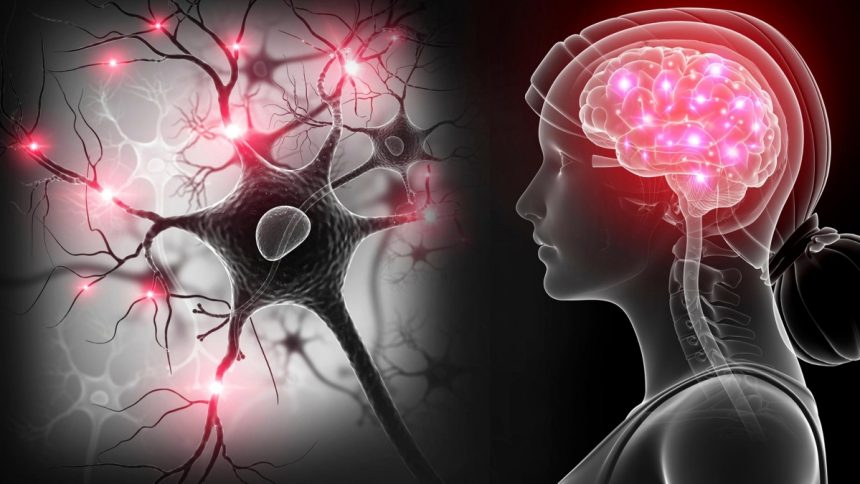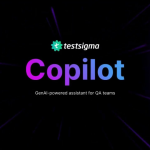Alzheimer’s disease research is surging ahead, driven by the urgent need to find effective treatments for this devastating condition. With a rapidly aging population, the quest for scientific understanding and medical breakthroughs has never been more pressing. As we delve into cutting-edge findings and their implications for patients and caregivers, it’s essential to stay informed about these developments. Keep reading to discover the most recent progress in the fight against Alzheimer’s disease.
Advances in Genetic Research for Alzheimer’s Treatment
Genetics is at the forefront of Alzheimer’s disease research, with scientists scrutinizing the DNA of thousands of patients to uncover underlying genetic factors. This research is unearthing new genetic mutations correlated with the disease, offering insights into its complex nature. These discoveries are setting the stage for targeted genetic therapies that could one day halt or even reverse Alzheimer’s progression.
One significant milestone is the study of the APOE gene, which has varieties strongly linked to Alzheimer’s. By understanding the impact of different APOE variants, researchers are exploring therapies that could mitigate the gene’s risk-enhancing effects. This could lead to a new class of drugs aimed directly at genetic contributors to the disease. You can learn more from the Fisher Center for Alzheimer’s Research Foundation.
Gene editing techniques, such as CRISPR-Cas9, are also being evaluated for their potential to correct genetic mutations associated with Alzheimer’s. Though still in the experimental phase, these cutting-edge methods give hope for a future where genetic adjustments could provide a cure.
Revolutionizing Alzheimer’s Care With Digital Health Tools
Technology is revolutionizing the way we approach Alzheimer’s care. Digital health tools, such as wearable devices and mobile applications, are providing continuous monitoring and real-time data on patient well-being. These resources can alert caregivers to changes in activity patterns, potentially signaling a need for intervention.
Artificial intelligence and machine learning are powering advancements in personalized care. By analyzing vast amounts of data, AI can help predict how Alzheimer’s will progress in individual patients. This leads to more customized treatment plans, which can be more effective than one-size-fits-all approaches.
Virtual reality is another area transforming Alzheimer’s therapy. Immersive VR experiences have been shown to aid cognitive functions and emotional well-being in patients with dementia. By simulating real-life scenarios, VR can improve decision-making skills and provide therapeutic benefits.
Emerging Pharmaceutical Treatments for Alzheimer’s Disease
The pharmaceutical landscape for Alzheimer’s is diversifying with a plethora of drugs making their way through clinical trials. These drugs take aim at diverse targets, from amyloid and tau proteins to neuroinflammation and synaptic function. Each drug represents a different strategy in the multi-faceted battle against Alzheimer’s disease.
Recent FDA approval of drugs designed to reduce amyloid plaque in the brain has been met with both hope and debate. While some studies show a reduction in plaque levels, the clinical benefits of such treatments are under scrutiny. Ongoing research into these medications is vital to assess their long-term impact and potential role in therapy regimens.
Neuroprotective agents are also gaining attention, with some shown to safeguard neurons from degeneration. These agents work by modulating neurotransmitter systems or improving cellular resilience, potentially slowing down disease progression and preserving cognitive function.
The Role of Lifestyle Interventions in Preventing Alzheimer’s
While the search for a cure continues, there’s compelling evidence that lifestyle interventions can play a significant role in preventing Alzheimer’s disease. Regular physical exercise, mental stimulation, and a balanced diet are all lifestyle factors that have been associated with a lower risk of cognitive decline.
Scientific studies suggest that certain dietary patterns, such as the Mediterranean diet, rich in fruits, vegetables, whole grains, and healthy fats, are linked to better brain health. Integrating these dietary practices into daily life could be a proactive step toward warding off Alzheimer’s.
Social engagement and cognitive activities, like learning new skills or engaging in complex tasks, have also been shown to have a protective effect on the brain. These activities keep the mind active and may build cognitive reserves, providing a buffer against the damage caused by Alzheimer’s.
Altogether, the battle against Alzheimer’s disease is being fought on multiple fronts, from genetic and pharmaceutical innovations to lifestyle and caregiving strategies. With ongoing research and a growing understanding of the disease mechanisms, the future offers a glimmer of hope for those affected.
Lynn Martelli is an editor at Readability. She received her MFA in Creative Writing from Antioch University and has worked as an editor for over 10 years. Lynn has edited a wide variety of books, including fiction, non-fiction, memoirs, and more. In her free time, Lynn enjoys reading, writing, and spending time with her family and friends.















